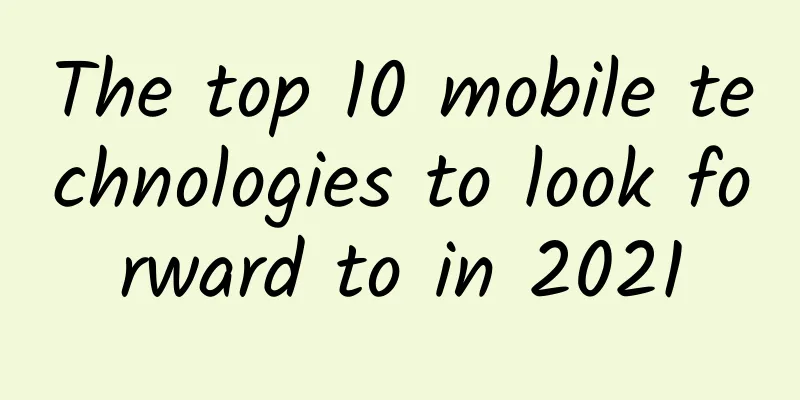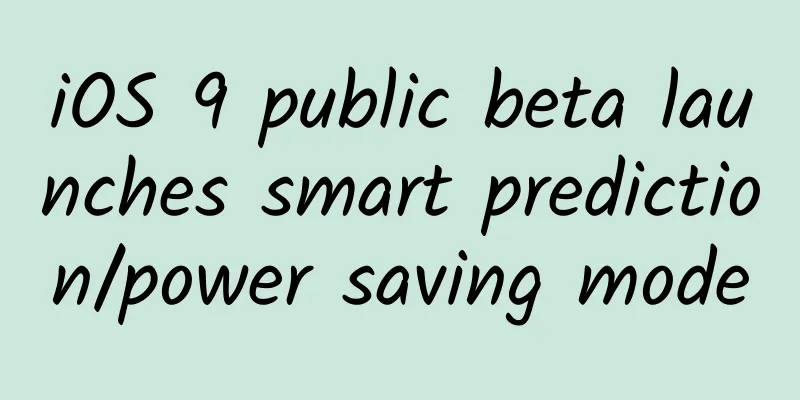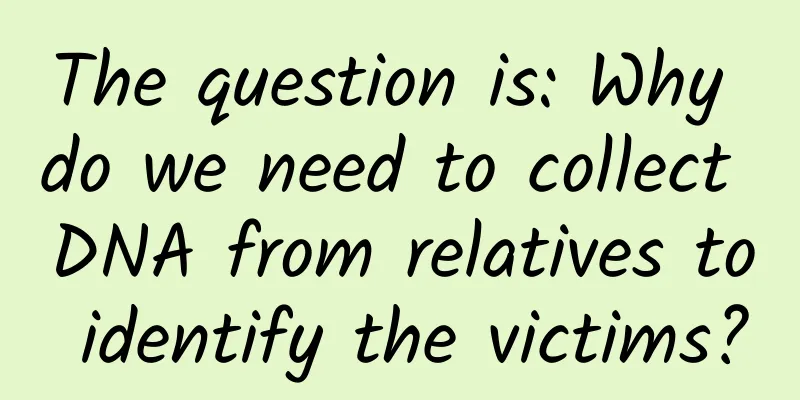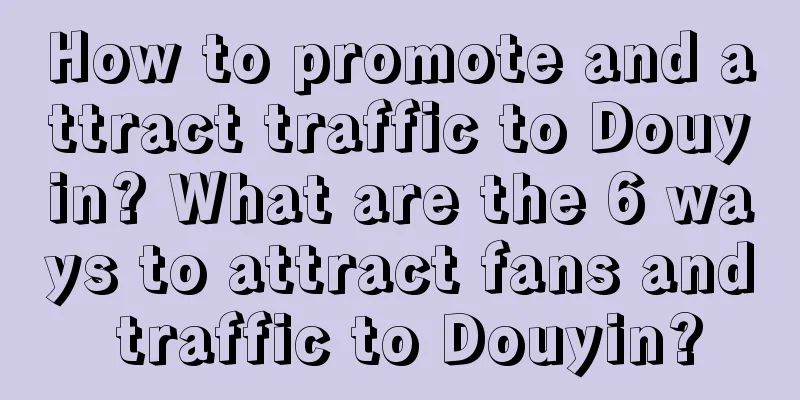Do you feel sleepy when reading? I can’t blame you! This may be a “warning signal” from your brain
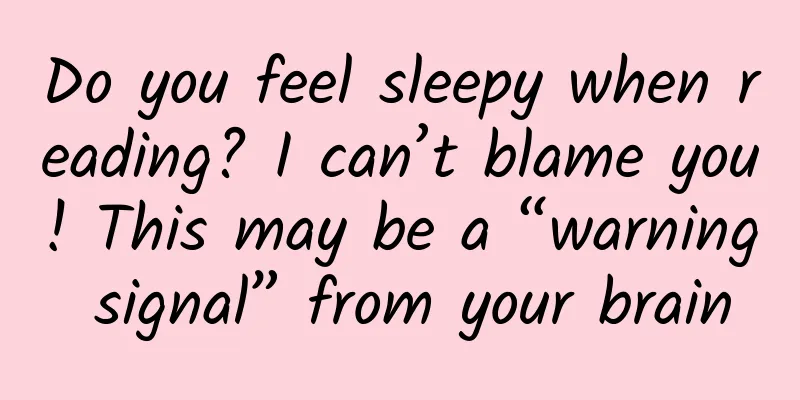
|
I would like to ask everyone a question: "When you can't sleep, what will make you sleepy after just one look?" I believe that when many people see this question, the first thing that comes to their mind is "books", especially textbooks. The hypnotic effect is immediate. As long as you open a professional book, it is like falling into some kind of hypnosis, and you will fall asleep in no time. The strange thing is that not all books seem to be hypnotic. For example, many people can read online novels all night long and not only do they not feel sleepy, but they become more energetic as they read. Why do some people feel sleepy when they read? Is there any scientific explanation for this phenomenon? Copyright images in the gallery. Reprinting and using them may lead to copyright disputes. I feel sleepy when reading. This book may be to blame. Different books may have very different hypnotic effects. Professional books are well-deserved T0P in hypnotic effect, which can make us feel heavy eyelids and dizzy as soon as we see the first term. On the other hand, online novels can only be ranked T-10086 in hypnotic effect, because they only have a counter-effect on hypnosis, and the more you read, the more excited you become, and you can read from dusk to dawn without realizing it. This is actually determined by the cognitive mechanism of our brain to process information . When we read a book, the text information in the book must be processed by a series of our cognitive systems before it can be understood, including using the visual system to recognize words, using attention to screen out words that need to be understood, and then mobilizing relevant knowledge in memory to analyze, integrate and reorganize the text information, and finally form an understanding of this text information. However, the brain's processing capacity is not infinite. According to the limited resource theory proposed by psychologist Daniel Kahneman, our various cognitive activities will generate a certain cognitive load and consume corresponding cognitive resources. However, the total amount of cognitive resources that an individual can allocate and use is limited. If the cognitive load is higher than the total amount of cognitive resources, it will lead to insufficient allocation of cognitive resources and overload. Copyright images in the gallery. Reprinting and using them may lead to copyright disputes. Reading is actually an activity that requires a lot of cognitive resources, but different books cause different cognitive loads , which depends on the complexity of cognitive processing required by the text information therein. When we read a professional textbook , we often read for the purpose of learning. However, the knowledge in the textbook is systematic, requiring us to understand the theories, involving more advanced cognitive processes such as analysis and reasoning, and we also have to work hard to remember this knowledge. As you can imagine, at this time, due to the high cognitive load of the brain, the brain CPU must run at a high speed, which consumes a lot of cognitive resources . Image source: Xiaohongshu user @xnuduvdhjwi In addition, the readability of most professional books is relatively low , and they generally involve more unfamiliar vocabulary, long sentences, and complex grammar. Psychological studies have found that when the readability of a reading material is low, it will cause a greater cognitive load on the brain, and the brain will take longer and more difficult to process these materials, which will lead to slower reading speeds, more incomplete understanding of the materials, and lower learning efficiency. When the cognitive load is too high or the cognitive resources are almost exhausted , even if new information is sent to the brain by our visual system, the brain is no longer able to process it effectively . Then, this information is just a pile of ink that has shape but no meaning . We recognize each word, but when they are combined together, we cannot understand them at all. Naturally, we will have physiological reactions of fatigue and sleepiness. But an online novel is just the opposite. We read these online articles just for entertainment and do not need to remember or learn them deliberately. Moreover, the readability of online articles is generally very high. They are enjoyable to read, and the plot develops rapidly and is fascinating. We don't have to analyze and reason, but more importantly, follow the rhythm of the story. The brain's cognitive processing of this is almost automatic and does not require deliberate effort. The cognitive load caused is also very low , so it will not make the brain feel tired . On the contrary, the ups and downs of the story will stimulate the brain to constantly generate curiosity and excitement, and the more you read, the more clear-headed you will be. Sleepiness may be a warning sign from your brain Every worker in the world should have a common worry. Although they almost sit at work during the day and do not do any physical work, they still feel physically and mentally exhausted after get off work. They don't want to do anything and just want to lie down. Copyright images in the gallery. Reprinting and using them may lead to copyright disputes. This is because we are constantly under a high cognitive load when we are at work, and we need to constantly process materials and attend various meetings. At the end of the day, the brain consumes too much energy. According to research data, although the brain only accounts for about 2% of body weight, the energy it consumes can account for about 20% of the body's basal metabolic rate. When the brain's energy reserves are gradually exhausted, a state of cognitive fatigue will occur. A psychological study published in the Journal of Neuroscience induced cognitive fatigue in subjects by having them perform high cognitive load tasks for several hours in a row, while recording changes in their brain wave activity during the process. The results showed that when people are in a state of cognitive fatigue, the activity of the prefrontal cortex responsible for high-level cognitive activities will be significantly reduced, and processing efficiency will also drop rapidly. This is actually because cognitive fatigue triggers the brain's protective mechanism, forcing the brain to enter a "power saving mode". By reducing the intensity of cognitive activities and producing a sense of drowsiness, it forces us to stop what we are doing, rest and restore energy, and avoid damage to brain function due to "overwork". However, the negative impact of cognitive fatigue is far more than that. Some Chinese scholars have found through experimental research and interviews with students that cognitive fatigue may also cause the following three problems: Decreased cognitive ability : slow perception, difficulty maintaining attention, decreased memory, confused thinking, reduced cognitive efficiency, lack of patience when thinking about problems, etc.; Increased negative emotions : Frequently showing negative emotions such as restlessness, impatience, frustration, depression and anxiety, and the more severe the cognitive fatigue, the longer it lasts; Impact on mental health : Students’ self-confidence is affected, and their subsequent learning efforts are reduced. In the long run, this can lead to a sense of helplessness among students. Therefore, when we feel sleepy as soon as we read , we need to pay attention that this may be a warning signal sent by the brain due to excessive cognitive fatigue , reminding us to rest as soon as possible and restore energy. Why don’t other people feel sleepy when reading? But we will also find that not everyone feels sleepy when reading. There are always some academic masters and "paper kings" who read books all day long and do not even feel sleepy when studying or working until late at night. This brings us to the magic of the smallest unit in our brain - the neuron . Our brain is an extremely complex network, with thousands of neurons connected by synapses to complete the transmission and processing of information. When we read, information is transmitted quickly through the connections between these neurons , which is essential for reading comprehension and information processing. When neurons are more closely connected and transmit faster, the brain will be more efficient in processing information , and the cognitive load generated will be lower, so we are less likely to feel tired. Brain science research has found that different people process information at different efficiencies, depending on their brain structure and neuron organization, as shown in the following figure: Compared with individuals with low IQ, individuals with high IQ tend to have a larger cerebral cortex volume, and the distribution of neurites is not chaotic, but connected in a simple and efficient way. This allows them to not have too much redundant neuronal activity in the brain when learning, and the transmission of information is more directional and structured, resulting in higher learning efficiency and less cognitive resources required. Image source: Reference [5] However, the connections between neurons are not static , but have a certain degree of plasticity . That is to say, through continuous cognitive activities such as reading and thinking , the brain can continuously strengthen, integrate and organize the connections between neurons, thereby improving the efficiency of information processing . Therefore, even if you are a "bad student" who gets sleepy as soon as you start reading, if you can persist in deep reading and thinking regularly, your brain will gradually adapt to these cognitive activities, and the efficiency of information processing will gradually improve, thereby reducing the cognitive load when reading, and naturally you will be less likely to feel sleepy. If you want to read without feeling sleepy, try these 5 tips Although we just mentioned that as long as you persist in reading, you can overcome the trouble of feeling sleepy when reading, I believe many people understand this truth, but what should we do if we just can’t continue reading? In fact, if you want to read without feeling sleepy, there are more ways than just "working hard". The most important thing is how to make our brains more adaptable to activities such as reading and learning through proper practice, so that the cognitive load when reading is lower and the efficiency is higher. If you also want to transform from a "bad student" to a top student or "top student", you might as well try the following 5 methods. 1 Choose books that are easy to read The reason why some books make people sleepy after reading them is that the language is boring and the content is complicated. Especially some books with poor translation quality are so readable that people feel "difficult to digest". For books on the same topic, we can try to choose versions with clearer layout, rich pictures and texts, vivid language and more easy-to-understand writing style . This can help the brain understand information more easily and reduce drowsiness. 2 Intermittent reading method This refers to a method of alternating short periods of concentrated reading with rest, taking a short break after reading for a period of time to restore energy and prevent excessive brain fatigue. For example, you can use the classic Pomodoro Technique , where you set a rule for yourself to read for 25 to 30 minutes, take a 5-minute break, and then continue reading for the same amount of time, repeating this cycle. 3 Learn reading skills Reading is actually an ability that can be improved through acquired training. There are many books on reading methods that mention how to quickly improve reading skills, such as training the coordination of eyes and brain through speed reading , using block reading to break down long and difficult sentences into small pieces of information that are easy to understand, and learning to use skipping and skimming techniques to quickly capture key information. For people who feel sleepy as soon as they start reading, these methods can gradually improve their concentration and efficiency in reading and reduce drowsiness. 4 Gradually increase the difficulty of reading Just like exercising muscles, the brain's cognitive ability also needs gradual training. If you find that you are more likely to feel sleepy when reading more complex books, you can start with some simple and easy reading materials and gradually transition to more complex content . In this way, your brain can gradually adapt to more intense cognitive tasks, thereby improving processing power and reducing fatigue. 5 Focus on a healthy lifestyle As we mentioned earlier, if you feel sleepy when reading, it is probably because you are in a state of excessive cognitive fatigue recently, rather than a problem with the book or yourself. Psychology believes that a good emotional state, adequate sleep, a proper diet and moderate exercise can effectively relieve cognitive fatigue and improve cognitive ability. Therefore, we also need to maintain a healthy lifestyle, have enough rest time, a variety of leisure activities, and properly relax the body and mind, which can greatly improve concentration, make thinking clearer, and make it less easy to feel sleepy when reading. References [1] Schnotz, W., & Kürschner, C. (2007). A reconsideration of cognitive load theory. Educational psychology review, 19, 469-508. [2] Lei Lei, Wei Yaoyu, Liu Kanglong. (2024). AlphaReadabilityChinese: Development and application of Chinese text readability tool. Foreign Languages & Foreign Language Teaching, 2024(1):83-93. [3] Wang, C., Trongnetrpunya, A., Samuel, IBH, Ding, M., & Kluger, BM (2016). Compensatory neural activity in response to cognitive fatigue. Journal of neuroscience, 36(14), 3919-3924. [4] Zou Zhiwei. (2012). Cognitive fatigue in students’ learning process and its current status. Master’s degree thesis of Henan University. [5] Genç, E., Fraenz, C., Schlüter, C., Friedrich, P., Hossiep, R., Voelkle, MC, ... & Jung, RE (2018). Diffusion markers of dendritic density and arborization in gray matter predict differences in intelligence. Nature communications, 9(1), 1905. Planning and production Author: ACC Psychology Popular Science Reviewer: Fan Chunlei, Associate Researcher, Institute of Psychology, Chinese Academy of Sciences Zhao Wei, Chief Physician, Department of Neurology, Tianjin University Teda Hospital Planning丨Wang Mengru Editor: Wang Mengru Proofread by Xu Lailinlin The cover image and the images in this article are from the copyright library Reprinting may lead to copyright disputes |
<<: Do animals have love? DeepSeek answers
>>: Why do we always like to search for answers on the Internet when we encounter problems?
Recommend
A complete event operation and promotion!
All operating systems and organizations are only ...
How to organize a brand from 0-1 and make it stand out?
I believe that many people who do brand marketing...
Is it hard to change the habit of staying up late? It may be the genes that are causing trouble!
As the saying goes, "the early bird catches ...
The practice of optimizing image quality for large-scale live broadcasts on Douyin
Challenges As the content ecosystem of Douyin con...
Electric Technology Car News: The once popular sports car has fallen into this state. After nine years of hard work, can the Buick Regal regain its glory?
It has been 9 years since the last generation of ...
Attracting new users: What is the difference between To B and To C?
The core task of attracting new users is to promo...
How complex is Jack Ma’s Internet finance empire?
Zhejiang Ant Financial Services Group Co., Ltd. (...
@2022 College Entrance Examination, please accept this college entrance examination tips
The 2022 National College Entrance Examination is...
Rogue software uses "obsessive compulsive disorder avatar"
Recently, a group of WeChat avatars that claim to...
How dangerous is asthma? This article answers questions about asthma
If early intervention is carried out on asthma pa...
Five strategic keywords outline the 2015 blueprint of Youpengpule
If 2014 was a dormant year for the Internet TV in...
Bidding promotion: What should I do if my bidding account has high costs and low traffic?
Everyone is very familiar with bidding accounts, ...
This discovery that changed the fate of mankind was the result of the hard work of many Nobel Prize winners.
Nuclear energy is a double-edged sword for mankin...
Risk-free lazy money-making projects, 27 lazy quick money-making projects
27 essential courses, providing all-in-one soluti...
When doing activities, you must make clear these 3 points
Through the collation and analysis over the past ...

